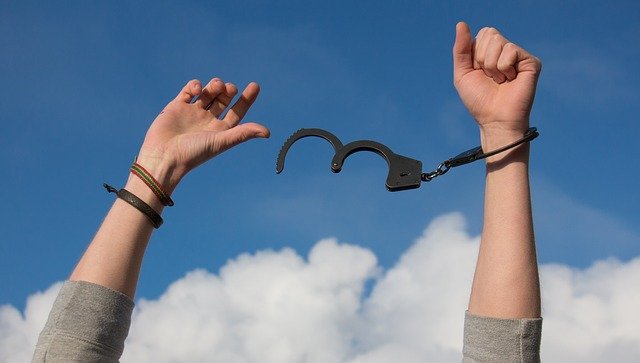Addiction
|
Addiction is a scary and complicated disease. It can lead to the loss of important relationships, jobs, finances, and self-identity. It is most commonly thought of as the abuse of and dependency on alcohol or drugs, but can also include behaviors, including gambling, sex, food, exercise, video games, and even work.
You may be struggling with an addiction if
|
How do I know if I have a problem with Substance Use or Addiction?
Determining if your substance use is a problem or if your use or behavior is an addiction is sometimes obvious and, at other times, tricky. Often, family members, friends, and loved ones will express concern to you about your use or behaviors, which can be someone's first glimpse into it possibly being a problem. Most often, we see the use or behavior starting to interfere with someone's daily life, impacting their ability to care for themselves, to care for others, to work or attend school, and to engage in the hobbies or activities that they used to enjoy.
Substance use may be considered a problem if you have been using more and more amounts of a substance in order to experience the same feeling. This is considered building a tolerance. You may have tried to stop using the substance but feel unable to do so, finding yourself continuing to seek it out. This is called dependence. You may continue to use the substance even if you have suffered negative consequences from this use, such as continuing to drink alcohol after getting a DWI or continuing to use a substance after your significant other breaks up with you due to your use.
Substance use may be considered a problem if you have been using more and more amounts of a substance in order to experience the same feeling. This is considered building a tolerance. You may have tried to stop using the substance but feel unable to do so, finding yourself continuing to seek it out. This is called dependence. You may continue to use the substance even if you have suffered negative consequences from this use, such as continuing to drink alcohol after getting a DWI or continuing to use a substance after your significant other breaks up with you due to your use.
How can Therapy Help me with my Addiction?
How can therapy help?
- A therapist can help you to identify relapse triggers, learn and implement healthy coping skills, and to develop a relapse prevention plan.
- A therapist can help you to coordinate all the services that you need in your recovery (i.e. medication management, outpatient treatment program, self help).
- A therapist can help you to work on healing from the damage that your addiction may have done to you and your loved ones. Family sessions can help you to work on rebuilding relationships with important others in your life.
- A therapist can help you to identify and work through underlying issues that may have contributed to your behaviors. Often, trauma and painful experiences can be a precursor to addiction. Working to heal from past wounds can help you to achieve long lasting recovery.
Online Therapy in NY for Addiction & Substance Use
Online therapy for substance use and addiction can be just as effective as in office therapy. It can allow you to meet with an online therapist to address your concerns without having to travel to the office. Finding a therapist who has experience in the area of addictions can be difficult, so engaging in online therapy in NY allows you to connect with the right therapist who has the right training for you.
Sometimes therapy for substance use can involve loved ones. Online therapy in NY makes this easier to schedule, as family members may live in different areas or be unable to attend in office appointments at the same time you are available. Since support is powerful when it comes to recovery from addiction, involving loved ones in treatment can have an enormous impact on your recovery.
Sometimes therapy for substance use can involve loved ones. Online therapy in NY makes this easier to schedule, as family members may live in different areas or be unable to attend in office appointments at the same time you are available. Since support is powerful when it comes to recovery from addiction, involving loved ones in treatment can have an enormous impact on your recovery.
Questions?
Call us at (516) 406-8991. Speak with a therapist to answer your questions and to decide if scheduling an appointment with us is right for you!

